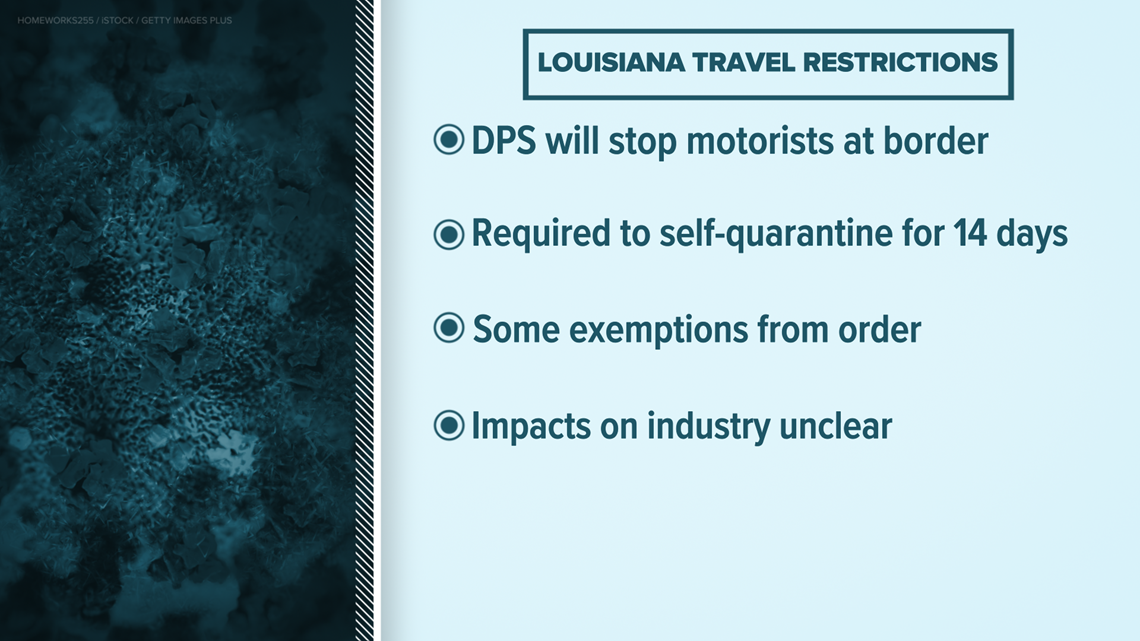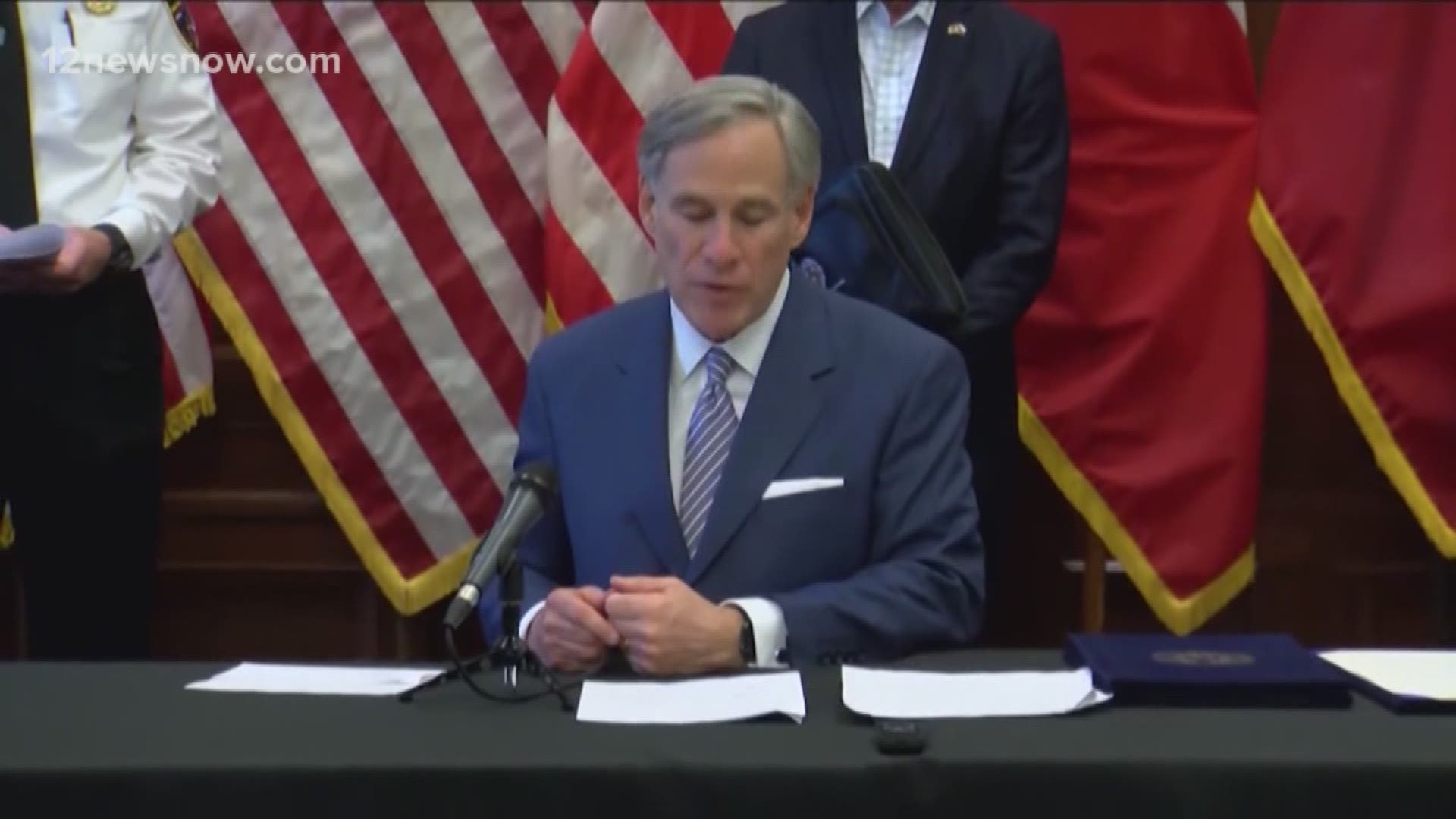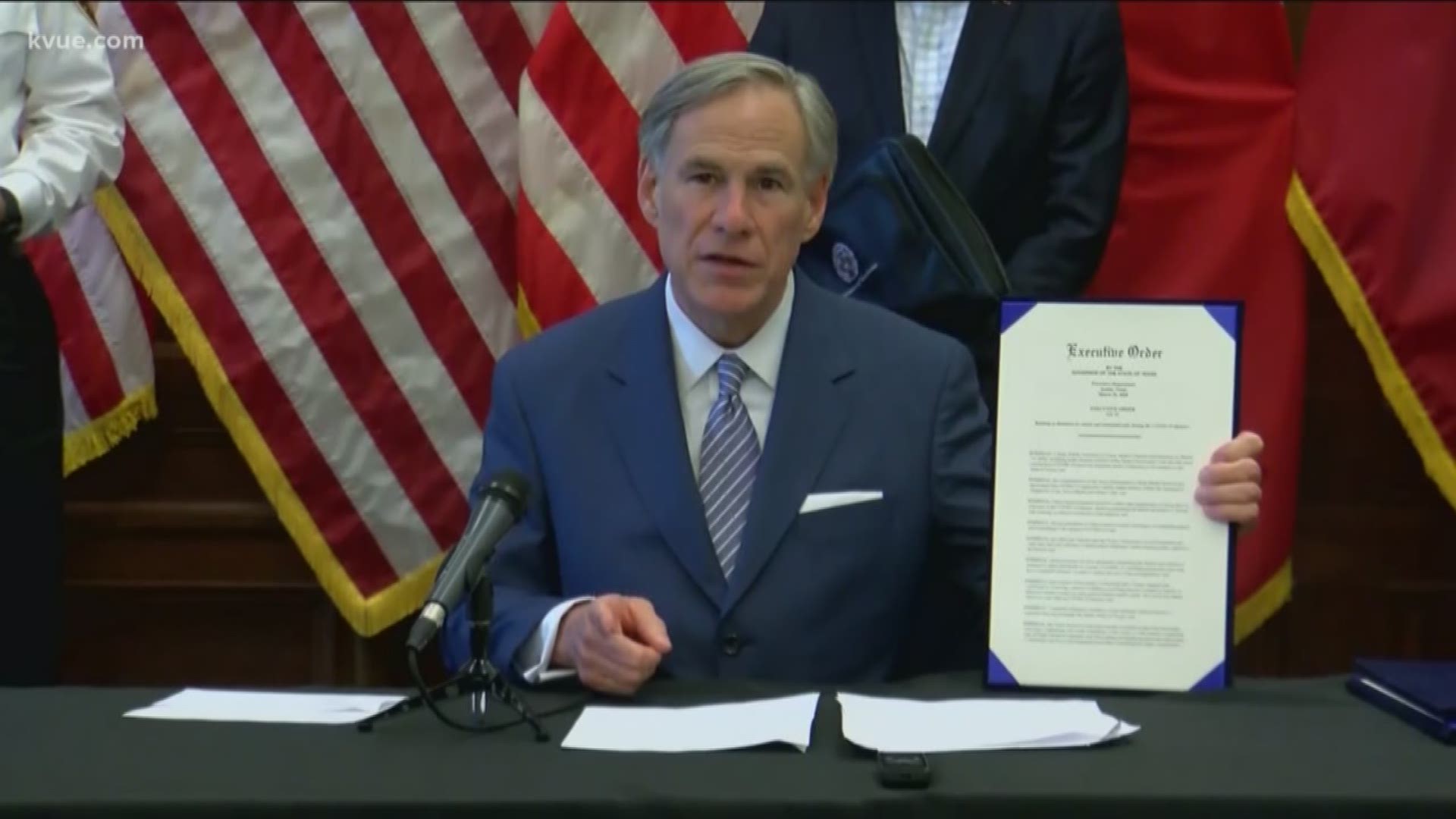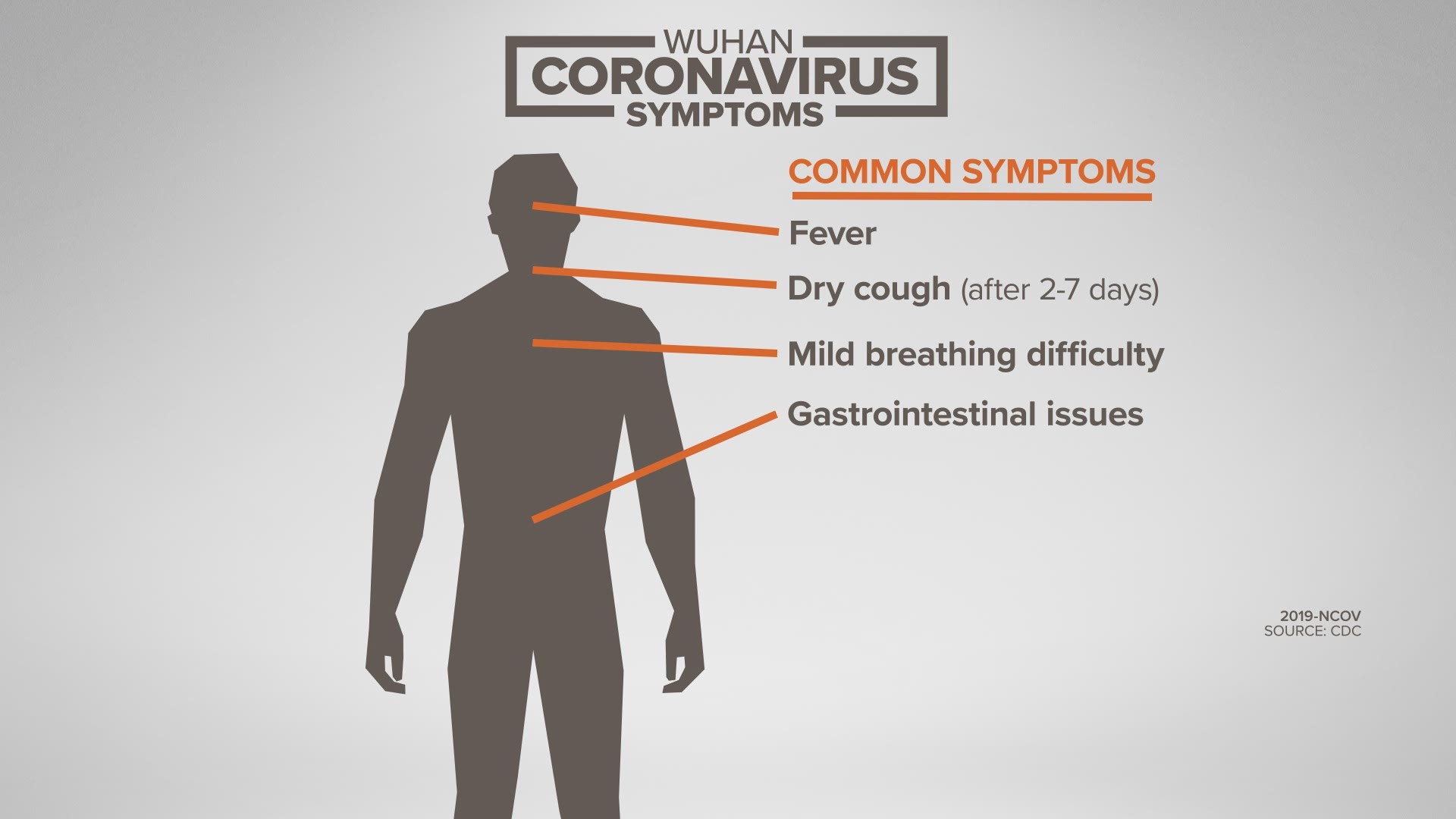BEAUMONT, Texas — Texas Governor Greg Abbott expanded an executive order Sunday that requires people traveling into Texas by road from Louisiana to self-quarantine.
Troopers will not be establishing checkpoints along the Texas-Louisiana Border. They will however be increasing patrols into these areas according to a Texas DPS spokesperson.
Abbott says that state troopers will be stopping motorists and anyone entering Texas will be required to self-quarantine for 14 days.
Commercial activity, emergency response or critical infrastructure responsibilities is still allowed.
Workers who need to travel back and forth over the Texas-Louisiana border will need to get a letter from the state, according to the Texas Department of Emergency Management.
Companies will need to make the request by filling out the GA 11 and GA 12 travel exemption form found at texas.gov/covid19.
It's for workers traveling in connection with commercial activity, military service, emergency response, health response, or critical infrastructure functions. TDEM will use the form to determine on a case-by-case basis whether the self quarantine order applies.
State Representative Brian Babin says approval is based on essential critical infrastructure criteria set by the Cyber-Security and Infrastructure Security Agency (CISA), with the Department of Homeland Security.
According to the CISA, those who meet the criteria ensure "continuity of functions critical to public health and safety, as well as economic and national security."
Approved workers crossing the border will need to carry a copy of the letter along with their company ID or badge and be ready to show it at the border if requested.


Last week, Gov. Abbott required anyone flying into Texas from New Orleans to self-quarantine for 14 days. New York, New Jersey and Connecticut were also on that travel restriction list.
Now, anyone flying in from Miami, Atlanta, Detroit, Chicago and all air travel from California and Washington state must self-quarantine for 14 days.
Louisiana has confirmed 3,540 cases of COVID-19 and 151 deaths in the state as of Sunday, March 29.
The governor said the intent of that order and its expansion is to reduce "the import of COVID-19" from areas of the country where the coronavirus has had a major impact.
SYMPTOMS:
Reported illnesses have ranged from mild symptoms to severe illness and death for confirmed coronavirus disease 2019 (COVID-19) cases, the CDC says.
These symptoms may appear 2-14 days after exposure:
- Fever
- Cough
- Shortness of breath
PREVENT THE SPREAD:
Clean your hands often
- Wash your hands often with soap and water for at least 20 seconds especially after you have been in a public place, or after blowing your nose, coughing, or sneezing.
- If soap and water are not readily available, use a hand sanitizer that contains at least 60% alcohol. Cover all surfaces of your hands and rub them together until they feel dry.
- Avoid touching your eyes, nose, and mouth with unwashed hands.
Avoid close contact
- Avoid close contact with people who are sick
- Put distance between yourself and other people if COVID-19 is spreading in your community. This is especially important for people who are at higher risk of getting very sick.
Stay home if you’re sick
- Stay home if you are sick, except to get medical care. Learn what to do if you are sick.
Cover coughs and sneezes
- Cover your mouth and nose with a tissue when you cough or sneeze or use the inside of your elbow.
- Throw used tissues in the trash.
- Immediately wash your hands with soap and water for at least 20 seconds. If soap and water are not readily available, clean your hands with a hand sanitizer that contains at least 60% alcohol.
Clean and disinfect
- Clean AND disinfect frequently touched surfaces daily. This includes tables, doorknobs, light switches, countertops, handles, desks, phones, keyboards, toilets, faucets, and sinks.
- If surfaces are dirty, clean them: Use detergent or soap and water prior to disinfection.



